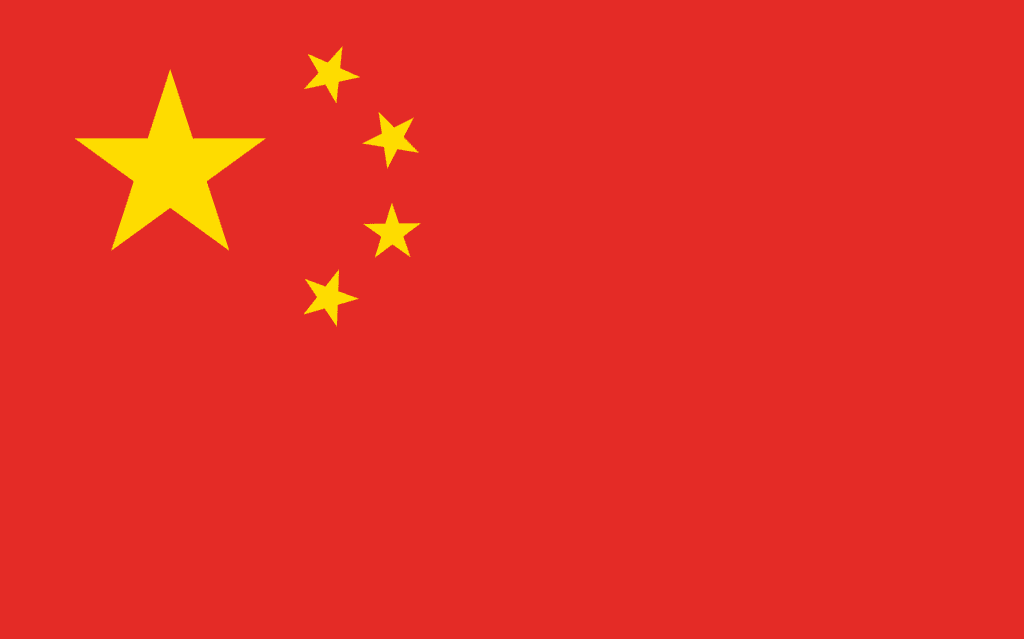The United States Trade Representative (USTR) Special 301 Report on Intellectual Property and Protection and Enforcement, released last week, is encouraging for calling out China’s inadequate protection of Intellectual Property (IP) but disappointing because it reiterates support for waiving IP protections for COVID-19 vaccines, says an analysis by Biotechnology Innovation Organization (BIO).
The USTR 2022 Special 301 Report, reviews “the adequacy and effectiveness of U.S. trading partners’ protection and enforcement of intellectual property (IP) rights” of more than 100 trading partners. Of these, 27 were put on the Priority Watch List or Watch List, for actions that can put IP rights at risk.
USTR included China on the Priority Watch List, citing pharmaceutical sector concerns and noting “investment and regulatory approvals, market access, government procurement, and the receipt of certain preferences or benefits may be conditioned on a firm’s ability to demonstrate that IP is developed in or transferred to China, or is owned by or licensed to a Chinese party,” according to BIO.
“We welcome USTR’s efforts to address IP-related concerns for U.S.-based biotech enterprises in China, especially concerning China’s coercive technology transfer policies, patent prosecution, and patent enforcement obstacles. USTR’s emphasis on monitoring China’s progress in implementing its Phase One Agreement commitments to address these longstanding IP matters is encouraging,” said BIO’s statement released Friday. “We are nevertheless disappointed with USTR’s decision to include support for waiving critical IP protections in the WTO Agreement on Trade-Related Aspects of Intellectual Property Rights (TRIPS Agreement).”
Waiving IP rights on vaccines
Negotiators are said to be close to a deal on waiving WTO TRIPS protections for COVID-19 vaccines—a move that will not increase access to those vaccines, according to BIO and other analysts.
“This proposed agreement would have profound and negative consequences on the US’s leadership in innovative biotechnology development. We also point out that this position on the TRIPS Agreement stands in stark, irreconcilable, contrast to many other positions taken by USTR in addressing IP-related concerns in key markets abroad,” said BIO’s statement. “Absent adequate IP protections, U.S. biotech companies are unable to innovate, invest, and create jobs in the United States. Strengthening the global policy environment for the commercialization of IP-enabled innovations should, therefore, be a priority for this Administration.”




